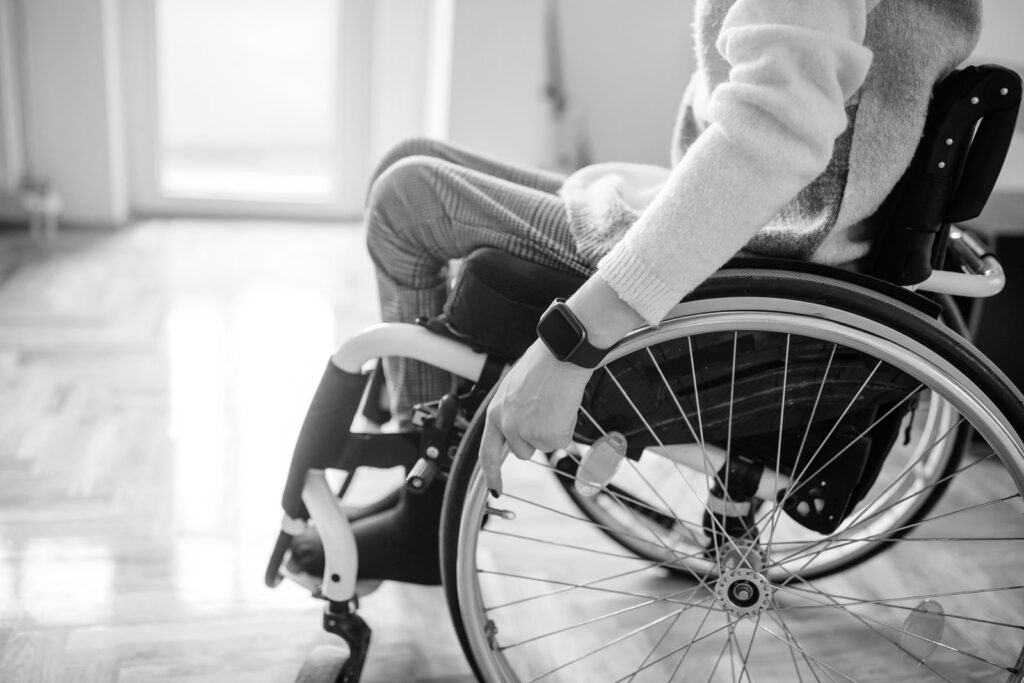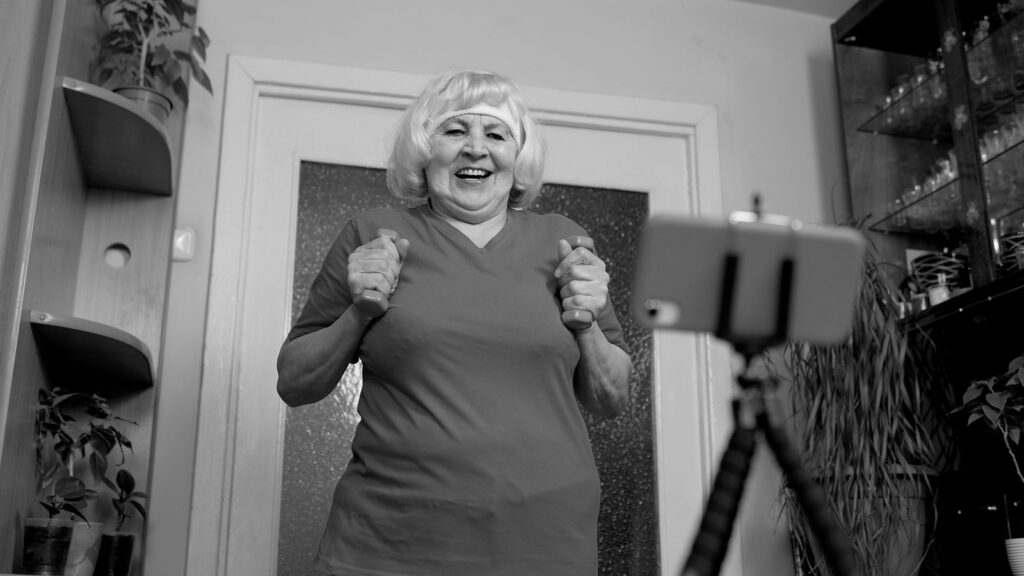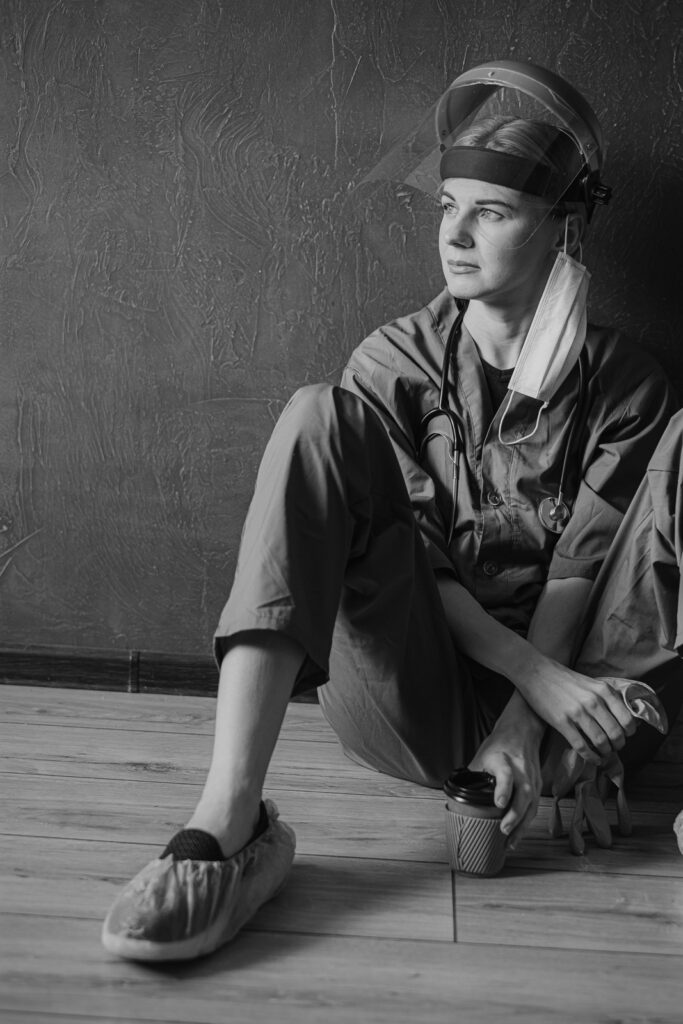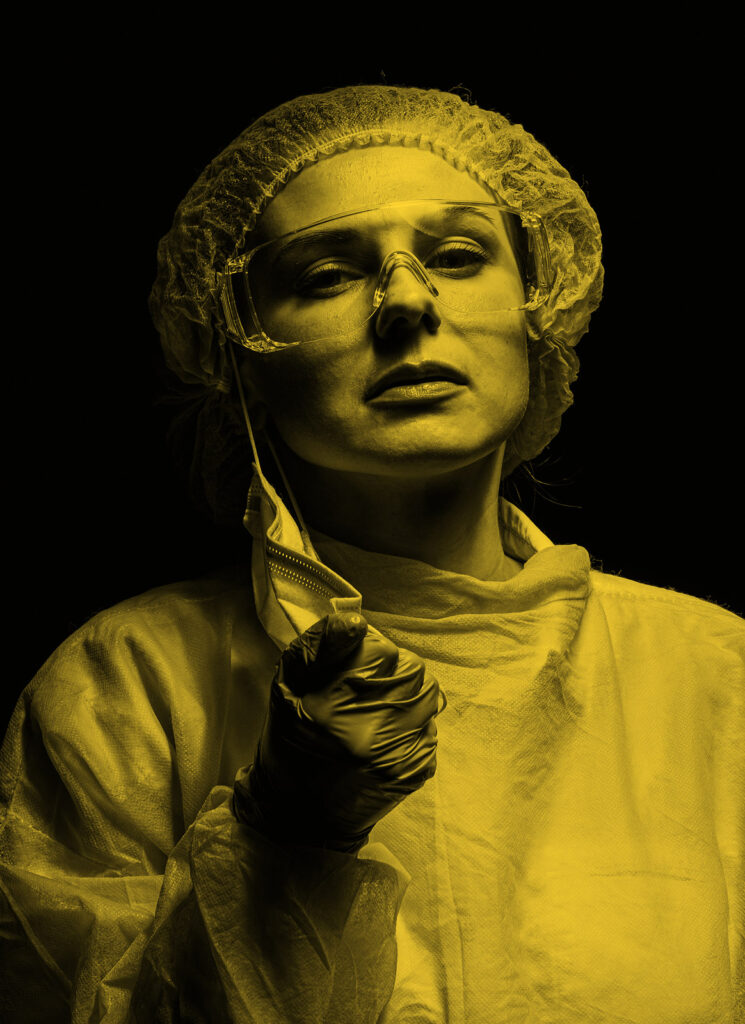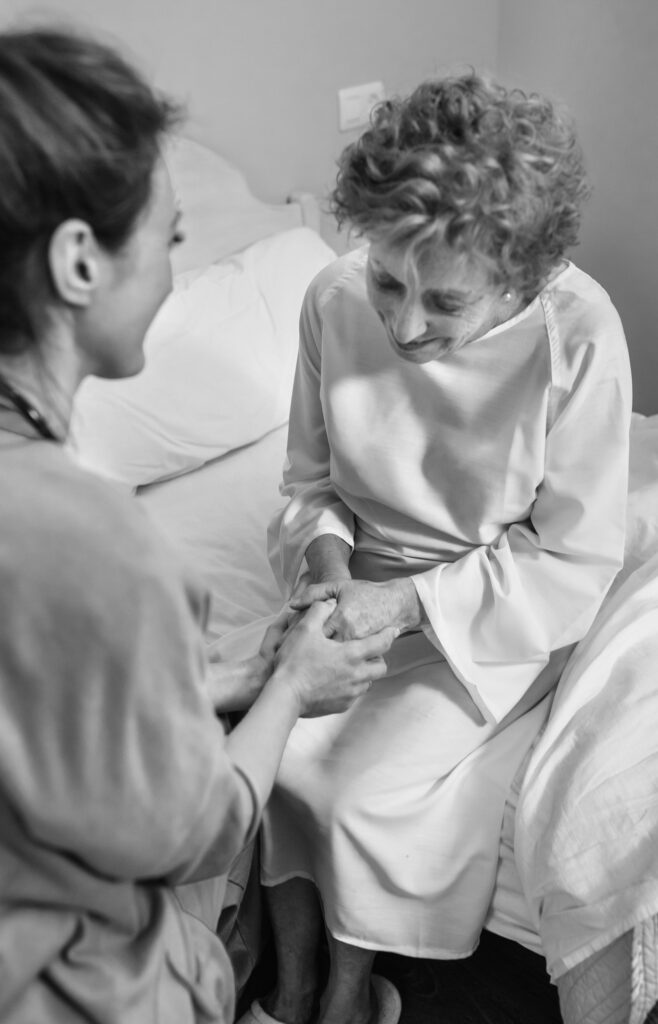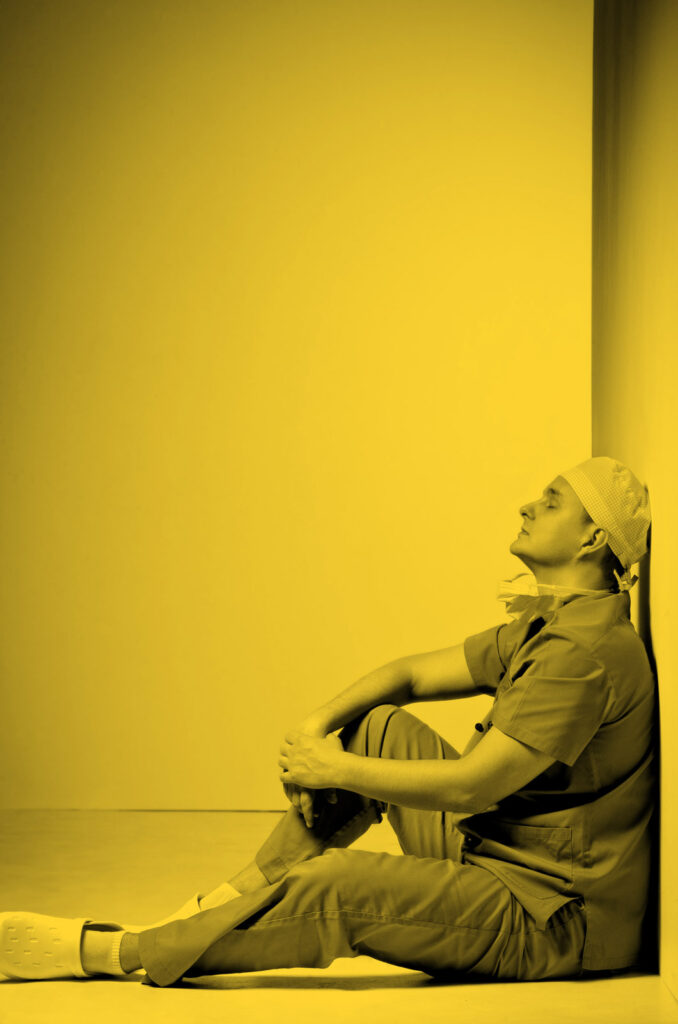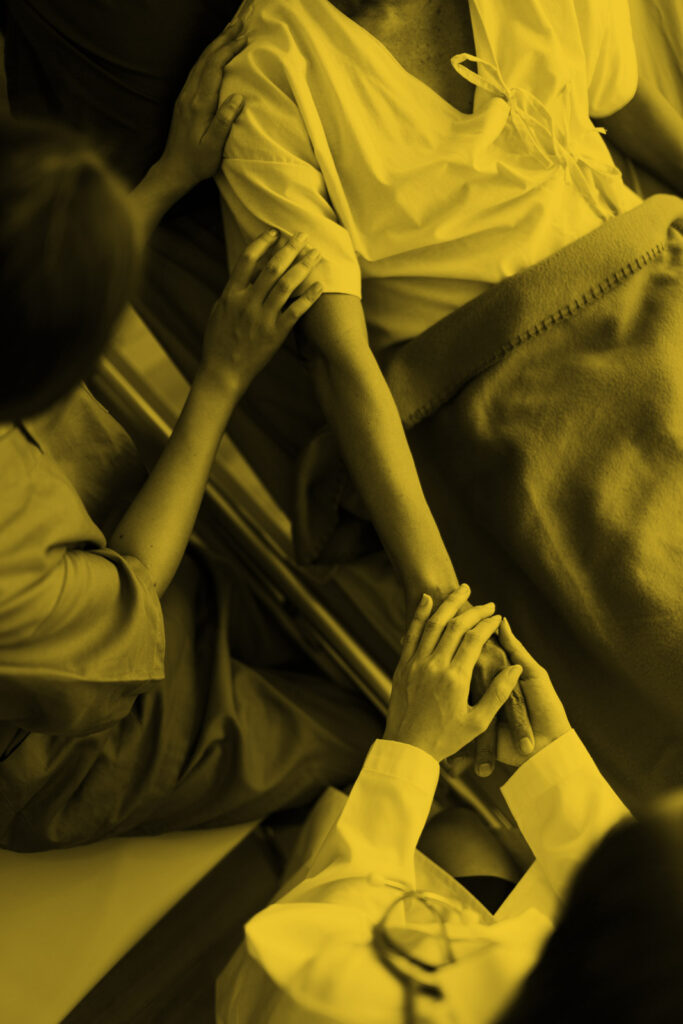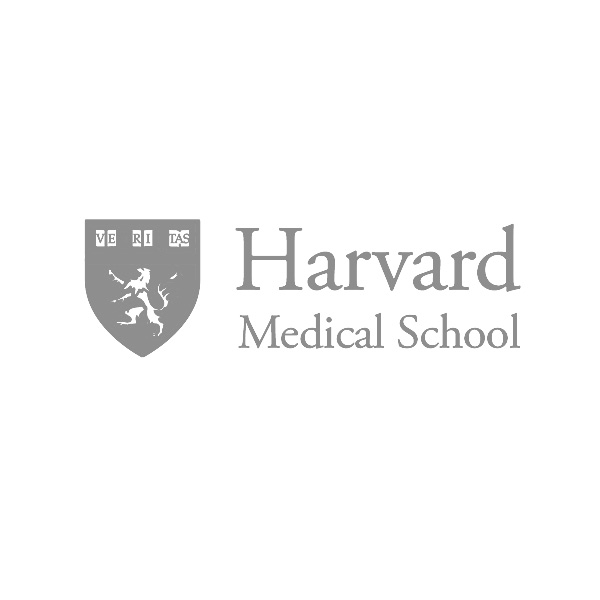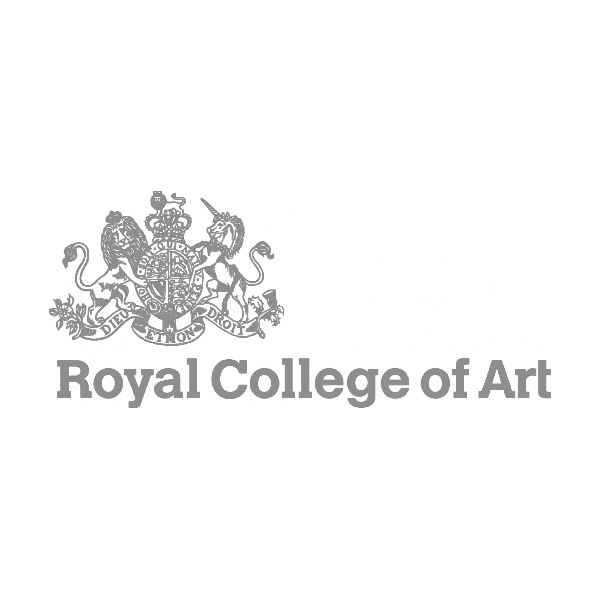Rapid Breakthrough
Using a human-first, design thinking and Lean Method approach to reduce surgery waiting lists, decrease burnout in staff and empower patients.
Problem
COVID-19 has led to the build up of huge backlogs of patients waiting for treatment. For example, the NHS is trying to figure out how to manage an elective care backlog of over 5 million patients. Patients are suffering extended waiting times and a deterioration in their condition as a result. On top of this many of the healthcare professionals (HCPs) who have worked tirelessly to treat victims of the virus are suffering from burn-out.
The challenge is not exclusive to the UK. COVID-19 challenges are creating massive pressure to health services globally.
Recognising the urgency of this, we assembled a team of clinicians, technologists, business strategists, software engineers and data scientists to ‘play the problem’. Collaborators came from a mix of organisations including the NHS, Harvard Medical School, the Boston Consulting Group, and the Royal College of Art.
Specifically, we looked at how we could reduce the backlog in elective care, how we could reduce burn out in staff, while enabling and empowering patients.
The team used Lean Method & design thinking approaches to collaborate 100% virtually. Tools used included MIRO and Zoom. Collaborators rapidly generated and short-listed a set of ideas. These were ‘pressure tested’ with expert peers to ensure they could be used across the healthcare ecosystem.
This agile, human-centred design approach enabled us to achieve high-quality outputs and outcomes in days not weeks, making very significant cost savings while not sacrificing quality.
Outputs
- End user (i.e. patient, GPs, nurses, consultants etc) research and insight, plus market & technology research
- ‘Invite only’ blueprinting workshops to map clinical pathway, pain/ gain points & use cases
- Workshops staged in London, Boston, Kolkata, Mumbai, Birmingham, Eindhoven & Amsterdam
- 40 ideas generated designed help solve the problem
- Personas covering main ‘players’ in the clinical pathway
- Ideas canvases used to capture/ elaborate on ideas
- Peer group ‘pressure test sessions’ to ensure quality/ validity of best ideas
- Presentation decks e.g. in MIRO
- ‘Human-first healthcare’ white paper
Outcomes
- Accelerated learning for health workers, technologists & designers e.g. in applying design thinking, Lean and Agile to problems
- Opportunity identification – i.e. clear understanding of major pain/ gain points, how to address them & the benefits of doing so
- Exemplar ‘proof point’ for the collaborative & co-design elements underpinning approach – i.e. ensuring relevance & adaptability of ideas
- Exemplar model for a new, value-creating model for innovation (i.e. approach costs c.a. 75% less than traditional methods & leverages team talent / know-how in a more effective way without compromising on quality)
- Invited to speak at a number of health conferences including the 35th Computer Assisted Radiology and Surgery (CARS) Congress, Germany
- Multiple conversations/ show & tells with NHS & other health provider teams
- ‘Future of healthcare’ working group designed to share the approach & best practices more widely & take on new challenges
- Expanded network of highly capable, skilled practitioners across a diverse mix of disciplines
